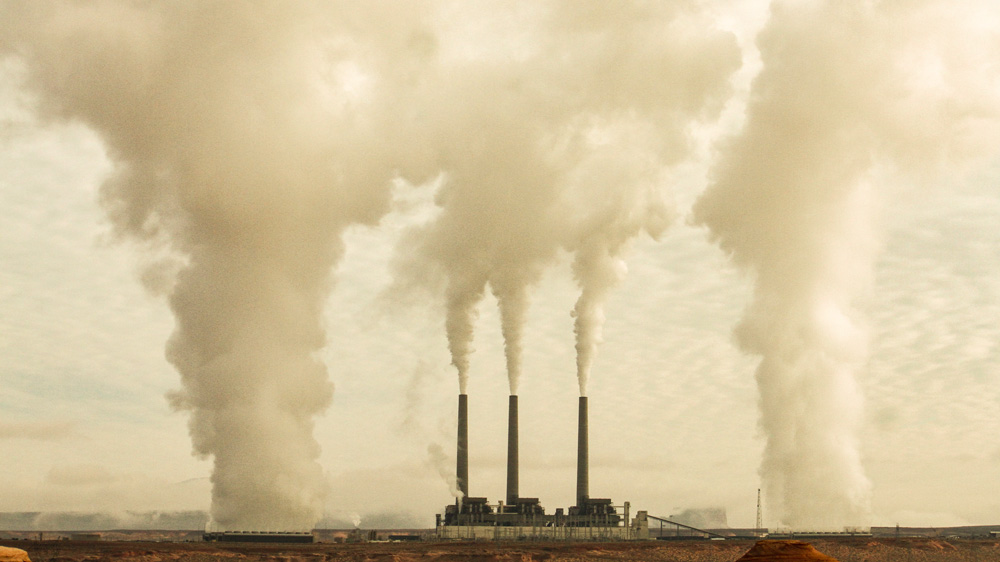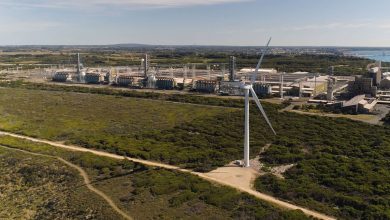Romania One Step Closer to CJEU Due to Coal-fired Power Plants
The European Commission (EC) is asking Romania to improve its implementation of EU Directive on Industrial Emissions within three months, otherwise it will be referred at the European Court of Justice (CJEU), where it was already sanctioned due to air quality problems in April. Three installations at two coal-fired power plants are failing to respect the applicable emission limit values for sulphur dioxide, nitrogen oxide and dust.
EC launched for the fourth year in a row the infringement procedure against Romania, this time in the form of a reasoned opinion – an ultimatum before the CJEU is notified – because it “allows industrial installations to operate without the necessary permits setting operating conditions in accordance with EU legislation”. If in three months Romania does not adopt and communicate the necessary measures to ensure full and correct application of the Directive, the Commission may notify the Court of Justice of the European Union.
The infringement procedure started following a complaint filed by the Bankwatch Romania in 2017, which showed that the Industrial Emissions Directive is not applied correctly in Romania, some coal-fired power plants operating without integrated environmental permits, and exceeding the legal emission limit.
The industrial installations to which the procedure refers are the units at the Mintia and Govora II power plants, which operate without integrated environmental permits and which have benefited from derrogations for SO2, NOx and dust emissions, concluded with the withdrawal of the units from the National Transition Plan. Their emissions are still well above the legal limit and endanger the health of the citizens of Deva and Ramnicu Valcea, but also of the entire country, these substances being transported by the wind hundreds of kilometers away.
“Most EU member states have already given up coal-fired electricity production or will phaseout by 2030. Romania does not have such a plan, although power plants are so old that they cannot operate legally. Instead of investing in the modernization of the energy system, we support the big polluters,” said Alexandru Mustata, Campaign Coordinator, Bankwatch Romania.
The Directive on Industrial Emissions regulates pollutants such as particulate matter, nitrogen oxides, and sulfur dioxide, responsible for acid rain. These substances endanger human health, causing tens of thousands of illness cases in Europe every year.
Failure to comply with the pollution limits of industrial installations is part of the July infringement package of EC, in which several environmental calls are launched to Romania. These include the lack of a program for radioactive waste management, combating illegal deforestation and increasing the protection of Natura 2000 sites.
About Bankwatch Romania
Bankwatch Romania is a NGO established in 2012, whose purpose is to prevent the negative environmental and social impact of public and private projects and to promote sustainable alternatives and public participation in decision making. The main area of activity is pollution reduction in the energy sector, with an emphasis on decreasing the use of fossil fuels.



